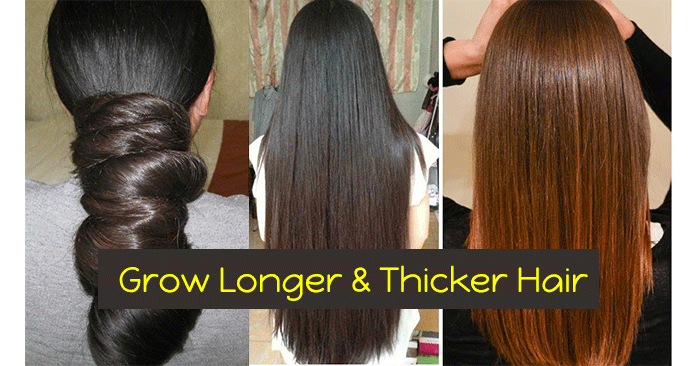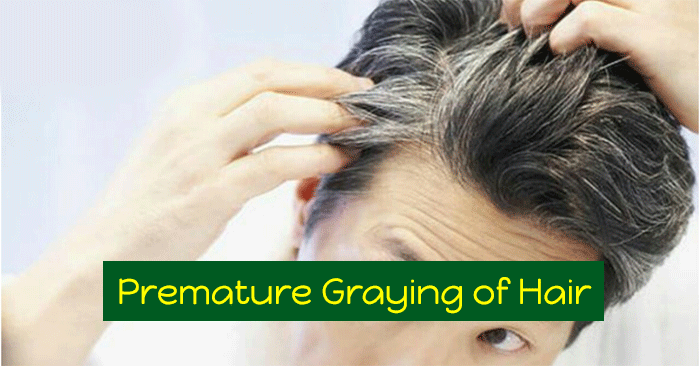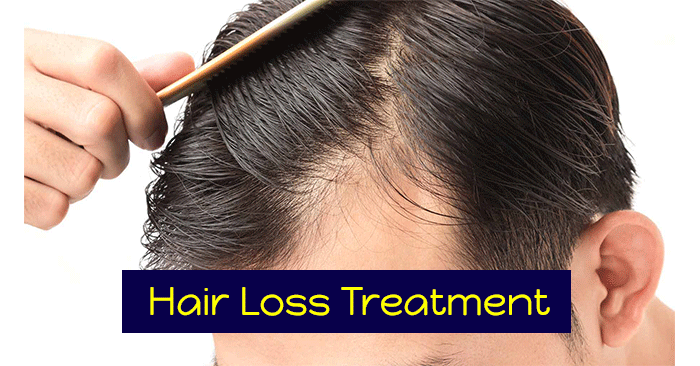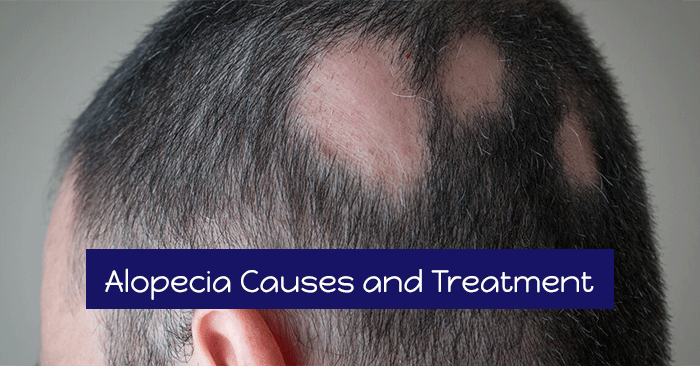How to Grow Longer and Thicker Hair with Natural Home Remedies
One of the very few things someone notices about you at first glance is your hair. The hair on your head is directly influenced by your genetics. However, its care and maintenance depend on you and how well you treat and look after your hair daily.
Are you desperately tired of having short, thin and unhappy hair? Nature around us is full of miraculous things which have wonderful herbal properties and can be used to nurture your hair, making it longer and thicker. Not just that, now you have a variety of options to choose from at your local stores when it comes to buying hair care products according to your hair type.
There are some excellent home remedies which can help you easily nourish and improve your hair quality on your own. Here are some of these tips and tricks.
EGGS:
Eggs are a wonderful source of protein for your hair. They are easily available and can be used frequently for strengthening and thickening your hair. You can take two eggs, beat them up and apply to your hair for about 30 minutes, followed by a thorough wash with your shampoo and conditioner.
MAYONNAISE:
You can mix two tablespoons of mayonnaise in two beaten eggs and apply the mixture onto your scalp. Mayonnaise has amazing moisturizing properties. It can also be used alone but will be more beneficial if you mix it with eggs.
COCONUT OIL:
Coconut oil is known for its numerous uses and one of them includes hair nourishment. It is a fast way to grow hair longer and make them thicker. Coconut oil works wonders if it is slightly heated before application onto the scalp. The longer you apply the oil, the better for your hair. After two hours of massaging the oil on your scalp, you can wash it off with your shampoo and conditioner, leaving your hair feeling fresh and denser.
CASTOR OIL:
Castor Oil is abundant in Vitamin E and omega-3 fatty acids which boost hair growth by improving the blood circulation of hair follicles. It also controls hair breakage and provides excellent moisture. Apply to your scalp for 30 minutes before washing your hair with shampoo and conditioner. For best results, use twice a week.
ALOE VERA GEL:
Aloe Vera gel is such a magical, naturally-available product which has innumerable beneficial uses. It can be applied on your hair directly from the fresh leaf and left on for about 30 mins before you wash off your hair. It leaves your hair replenished and beautiful, giving them a brand-new feel.
ONION JUICE:
Now, this may seem a bit gross, but it works wonders for your hair, especially if you are experiencing an excessive amount of hair fall. The trick is to blend a peeled onion, put it in a cheesecloth and squeeze out the juice. Since, it has a pungent smell that you would not want on yourself post-shower, mixing a few drops of your favorite essential oil (like lavender oil), will make it more bearable.
You should add some coconut or olive oil for a more nourishing mixture. Leave it on for an hour or so and wash thoroughly with shampoo and conditioner. This mixture will cease any hair fall and boost hair growth considerably.
Hair care is highly important if you do not want to go bald at an early age in life. Shampooing your hair frequently can cause plenty of damage, especially if your shampoo contains sulfate. Try to buy shampoos which do not have sulfates in them. If you want your hair to grow thicker and longer quite fast, then taking out the time to oil them or apply hair masks every once in a while, will bring about good results. Its all about paying a little more attention to your hair.





